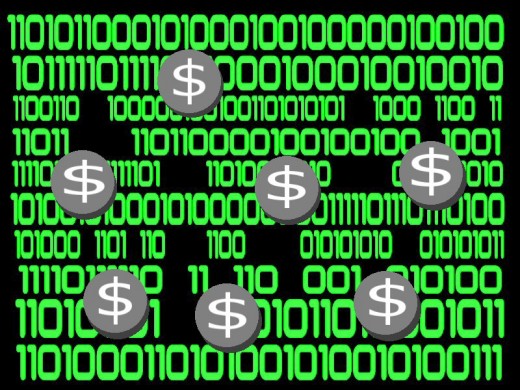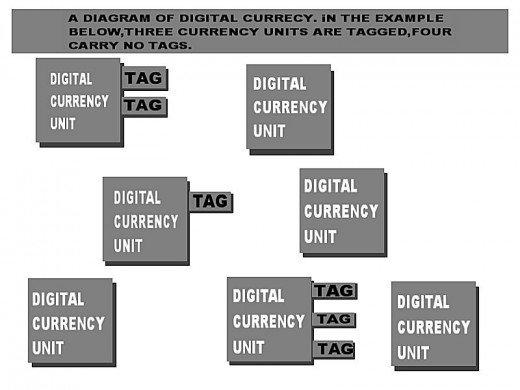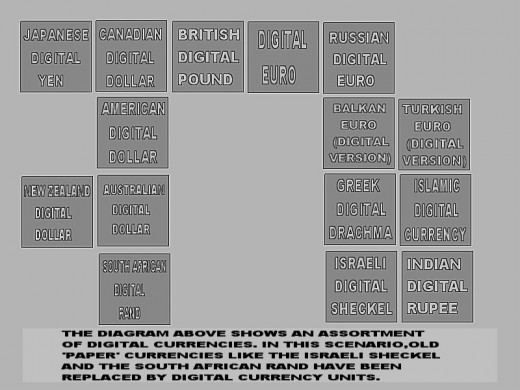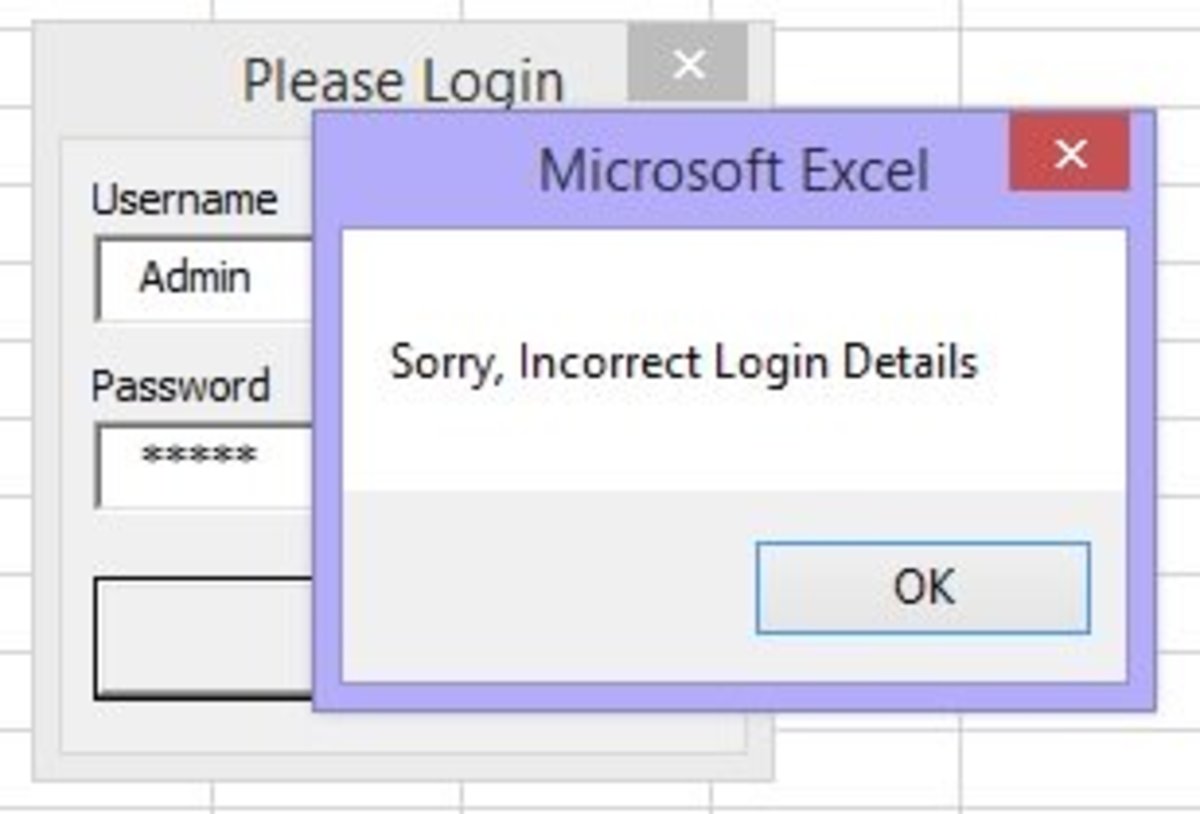A new concept for digital currency

A system of digital currency could replace paper money.
In the future, digital currency may replace paper money and coins as computers and other digital devices become more common. Digital currency would consist of individual files. Each file would stand for one dollar. Files would be used instead of 'packets' because individual files would have unique serial numbers. A 'packet' of data may represent a large sum of money, for example, one data packet may contain code or signals that represents 147 dollars. Instead of sending one file, or 'packet' that represents 147 dollars, the system would send 147 individual files, and each of the files represents one dollar. This would discourage counterfeiters. One of the file's attributes would be an anti-copying system. If two files had the same serial number, a computer involved in a transaction would deem one to be authentic, and would deem the other to be counterfeit.

Each file could be exchanged with or without tags. A tag would put a restriction on how the dollar could be spent. The diagram above shows several digital dollars. Some of the dollars are tagged, some are not. To explain how tags work, let's consider scenarios in which transactions are restricted. Suppose a man has a teenage son, and his son asks for an allowance. He agrees to give his son twenty dollars for his allowance. He goes to his computer and opens his account. He takes twenty dollars from his account and prepares to put it on his son's debit card, but before he does, he creates tags. Each of the twenty dollars is tagged with a no-alcohol tag. This means that the money can be spent for anything except alcoholic beverages. After tagging the twenty dollars, he gives the debit card to his son. His son then takes the debit card to a local store, and tries to buy beer with it. As soon as the young man swipes his card through the cash register, an alarm goes off. A store employee explains that the young man cannot buy alcoholic beverages with the money in the debit card, because the money is tagged against alcohol. So, the young man decides to buy soda pop and potato chips instead. This time, the card works just fine. When the money is transferred into the store's account, the tags on the files are automatically erased. Tags are erased every time a transaction is made. New tags can be added later, by other people, but tags are always erased whenever a transaction is made.
A dollar may have more than one tag placed on it. For example, a dollar may have three different tags on it, it may have a no-alcohol tag, a no-tobacco tag, and a no-pornography tag. This would be typical in the case of a man who gives his teenage son an allowance, because these tags would prevent his son from using the digital currency to buy alcohol, tobacco, or pornography.

On the international level, national governments may put tags on digital currency to prevent spending the currency in places that have been boycotted. For example, the U.S.A. has had an economic boycott against Cuba in place for many years. If the U.S.A. had digital currency, the U.S. government could put anti-Cuba tags on all the digital currency used in the U.S.A. Unlike the anti-alcohol tag that was explained in the example above, the anti-Cuba tags would not be erasable. If the government put a tag on digital currency to restrict it's use, it would be impossible to remove the tag. Some tags would be erasable, other tags would be permanent. If a digital dollar was tagged with an anti-Cuba tag, you could not spend it to buy any product that was Cuban, and you could not transfer it to any Cuban company or organization. In this way, the digital currency would comply with international economic boycotts. If North Korea was boycotted, the digital dollars would be tagged so they could not be transferred to North Korea.
Some Islamic countries may establish 'Sharia Law' in the future. Under 'Sharia Law', it is illegal for Moslems to buy alcoholic beverages.The dictator of an Islamic state might tag all the money in his country with anti-alcohol tags, to prevent people from buying alcohol with the digital currency. Another restriction may be an anti-interest tag. Under 'Sharia Law', paying interest on a loan is forbidden. It's possible that Islamic countries may band together to create Islamic Digital Currency. Each unit of Islamic Digital Currency may be tagged with an anti-Israel tag, so that Moslems cannot use the digital currency to buy products from Israel or to invest in any Israeli enterprise. Likewise, Israel may develop it's own digital currency. The Israeli digital currency may be a digital version of the sheckel. The digital sheckel may have tags embedded in it that prevent it from being transferred to any suspected terrorist group or organization.
Digital currency would not have to resemble 'paper' currency. If the euro is the official currency of the European Union, the digital version of the euro may be radically different from the 'paper' version. There may be be more than one version of the euro. In Russia, they may produce a Russian euro, in the Balkans, they may produce a Balkan euro, and if Turkey is not allowed to join the European Union, the Turkish government may produce a Turkish euro. The Greek government may continue it's economic isolation, and may produce a digital version of the Greek drachma, a digital drachma.
To make the system fair, digital currency should not be created by white-collar workers who are sitting in front of their computers in an office. Digital currency should always be created by blue-collar workers, using digital time clocks. A blue-collar worker punching in and out on a time clock in a factory should be the sole source of digital currency. Over a hundred years ago, Karl Marx said that the working class is the means of production. This Marxist concept implies that blue-collar workers are the only legitimate source of wealth, and white-collar workers are only parasites who exploit the wealth created by blue-collar workers. Certainly, Marx was right. Labor unions in the future should demand that workers should be paid with digital currency, instead of 'paper' currency, and the digital currency should be created in digital time clocks in every factory in the world.
Anthony Ratkov. November 2,2011.








